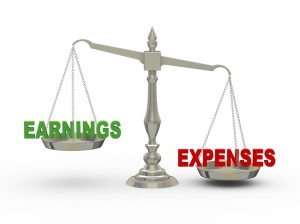Question
Some time ago I got fined for a traffic violation. I wasn’t able to pay the fines, and the state took away my driver’s license. I am planning to file for Chapter 7 bankruptcy and hope to discharge the traffic fines. If I do, can I get my driver’s license back?
Answer
If the state took away your driver’s license because you didn’t pay your traffic fines, you can’t discharge (eliminate) those fines in Chapter 7 bankruptcy. But Chapter 7 bankruptcy can help you pay back your traffic fines by eliminating many of your other debts. Read on to learn more about whether Chapter 7 bankruptcy can help you get your driver’s license back.
You Can’t Discharge Traffic Fines in Chapter 7 Bankruptcy
You can’t discharge certain types of obligations in Chapter 7 bankruptcy. Unfortunately, traffic fines are one of those debts. Bankruptcy laws state that a Chapter 7 discharge will not wipe out fines or penalties you owe to a governmental unit.
This means that filing for Chapter 7 bankruptcy will not discharge your outstanding traffic fines. But if you were unable to pay your fines because you had too many other debts, Chapter 7 bankruptcy can help you by wiping out many of your obligations and allowing you to pay the fines and get your driver’s license back (discussed below).
Chapter 7 Bankruptcy May Help You Pay Your Traffic Fines
Just because you can’t discharge your traffic fines in Chapter 7 bankruptcy doesn’t mean that filing a Chapter 7 case will not help you. In many cases, debtors file for Chapter 7 bankruptcy because their income doesn’t allow them to meet all of their monthly financial obligations.
If you could not pay your traffic fines because you didn’t have any money left after paying obligations such as credit cards and medical bills, filing for Chapter 7 bankruptcy can help you eliminate those debts and free up money in your budget. If you will have enough money in your budget to pay the traffic fines after filing for Chapter 7 bankruptcy, it might still be in your best interest to file.



